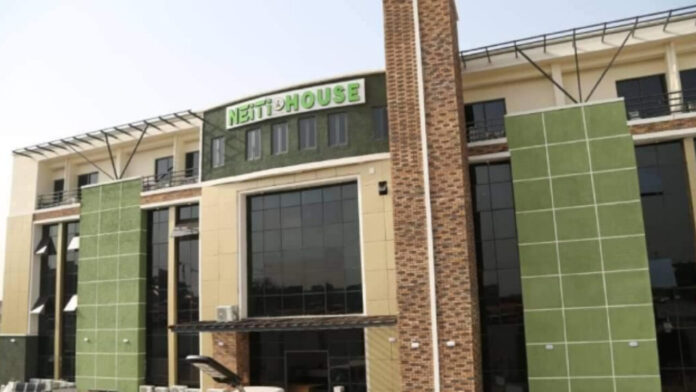The Nigeria Extractive Industries Transparency Initiative (NEITI) has proposed three interconnected pillars of data deployment, inclusive policy making and reforms implementation to guide Nigeria’s energy transition and climate justice initiatives.
The pillars, according to the statement made available to newsmen, include; deployment of data to guide decision making, inclusive policy making that elevates voices of host communities and vulnerable population and implementation of reforms that include protocols for divestment and decommissioning.
Others are; legal safeguards for community benefit and environmental responsibility and incentives for local beneficiation and extractive-driven industrialization of Nigeria’s solid minerals endowment.
The Executive Secretary of NEITI, Dr. Orji Ogbonnaya Orji outlined the agency’s proposal at the 4th edition of the National Extractive Dialogue (NED 2025) ongoing in Uyo, Akwa Ibom State.
Dr Orji, told the audience that the theme of NED 2025 ‘Transitions, Divestments, and Critical Minerals: Charting a Just Future for Nigeria’s Extractive Sector’ implores a look “beyond resource extraction and profit, towards a future that is anchored on justice, sustainability, inclusion and shared prosperity”.
According to Orji, NEITI is supporting the Nigerian government on its energy transition journey by conducting “A comprehensive research study on energy transition’s impact on Nigeria’s economy aimed at providing data to guide fiscal planning, protection of livelihoods and alignment with Nigeria’s Energy Transition Plan and the Climate Change Act”.
This he said, is part of NEITI’s strategic response to the risks and opportunities emerging from the global shift to renewable energy. Furthermore, “NEITI Launched its Data Center as its Digital Transparency Backbone, with real-time, automated, and centralized extractive sector data which will enable automated disclosures and regulatory integration”.
The Executive Secretary added that NEITI is also advancing transparency in the solid minerals sector by tracking surging royalties payments such as gold at ₦2.92 billion, lithium at ₦398.19 million, tin at ₦540.7 million, and linking these to community development and national beneficiation”.
Dr. Orji urged stakeholders to collaborate in leveraging NEITI’s credible data to drive transparency and sustainable development, adding that NEITI has adopted an Energy Transition & Climate Accountability Framework that mandates its oversight of oil and gas assets divestments, track greenhouse gas emissions, monitor Host Community Development Trusts, and produce biannual climate performance reports.
“There can be no justice without data. No reform without records. No future without facts,” Dr. Orji enthused.
He called on the Federal and State Governments to embed NEITI data into national planning and budgeting; Regulators to act on audit findings and strengthen enforcement and Companies to go beyond compliance and lead on environment, social and governance principles.
Furthermore, he stated that Civil Society should use NEITI data for constructive accountability while Development Partners should support capacity building, innovation, and technology for transparency in the spirit of shared responsibility.
The Executive Director, Spaces4Change, and Convener of NED 2025, Mrs Victoria Ohaeri-Ibezim, called for a reimagined, equitable future for extractive governance.
“Nigeria cannot afford to stumble blindly into this new era. Not again,” she said, emphasising that NED 2025 is a rallying point for bold, collective action to redefine the sector’s future through regulation, environmental accountability, and community protection.

